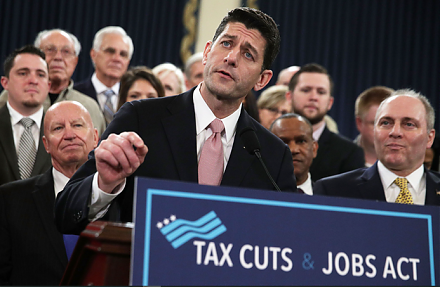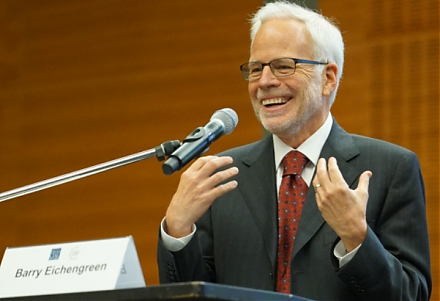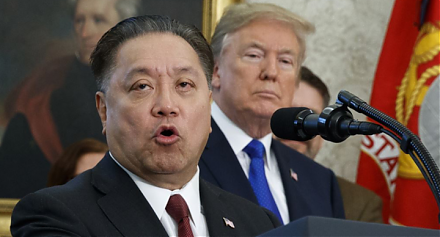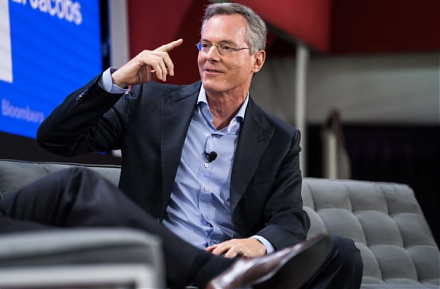

2019-04-19 12:35:00 Fri ET
stock market competition macrofinance stock return s&p 500 financial crisis financial deregulation bank oligarchy systemic risk asset market stabilization asset price fluctuations regulation capital financial stability dodd-frank
Federal Reserve proposes to revamp post-crisis rules for U.S. banks. The current proposals would prescribe materially less strict requirements for community banks and regional financial institutions with less systemic risk exposure, whereas, the most stringent requirements remain for big banks that pose the greatest risks to the U.S. financial system. The most stringent requirements include the Dodd-Frank macroprudential stress tests that focus on the main vulnerable parts of the financial system such as residential mortgages, auto loans, and corporate credit lines. The new rules would significantly reduce regulatory barriers for small community banks and regional financial institutions. Specifically, the smaller deposit-takers operate within the reasonable range of $100 billion-$250 billion in total assets. U.S. banks that operate with $250+ billion total assets (or $75 billion cross-jurisdictional capital flows) would continue to meet the same prudential standards such as high liquidity coverage and sufficient core equity capital adequacy etc.
The U.S. globally systemically important banks (GSIBs) would continue to conduct the Federal Reserve macro stress tests each year, but these GSIBs would report the test results only once every 2 years. These recent institutional arrangements help ensure a balance between macro-financial stabilization and micro-prudential deregulation.
If any of our AYA Analytica financial health memos (FHM), blog posts, ebooks, newsletters, and notifications etc, or any other form of online content curation, involves potential copyright concerns, please feel free to contact us at service@ayafintech.network so that we can remove relevant content in response to any such request within a reasonable time frame.
2017-11-17 09:42:00 Friday ET

The Trump administration garners congressional support from both Senate and the House of Representatives to pass the $1.5 trillion tax overhaul (Tax Cuts &a
2023-03-21 11:28:00 Tuesday ET

Barry Eichengreen compares the Great Depression of the 1930s and the Great Recession as historical episodes of economic woes. Barry Eichengreen (2016)
2023-08-21 12:25:00 Monday ET

Steven Shavell presents his economic analysis of law in terms of the economic outcomes of both legal doctrines and institutions. Steven Shavell (2004)
2018-03-06 11:35:00 Tuesday ET

The Trump team blocks Broadcom's bid for Qualcomm due to national economic security concerns and 5G telecom network issues. Broadcom makes microchips fo
2018-12-17 08:43:00 Monday ET

Apple files an appeal to overturn the recent iPhone sales ban in China due to its patent infringement of Qualcomm proprietary technology. This recent ban of
2020-04-03 09:28:00 Friday ET

The Intel trinity of Robert Noyce, Gordon Moore, and Andy Grove establishes the primary semiconductor tech titan in Silicon Valley. Michael Malone (2014)